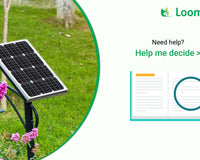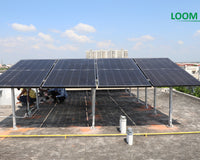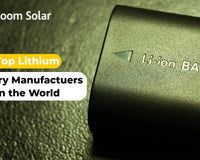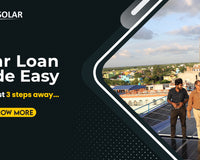Solar panels generate electricity when exposed to sunlight. This means they generate power during the day, but not at night. Therefore, solar panels alone cannot directly power a house or charge electric vehicles (EVs) at night.
To address this limitation, there are a few options you can consider:
Energy Storage: One popular solution is to use energy storage systems, such as lithium batteries. During the day when your solar panels are generating excess electricity, the energy can be stored in batteries. Then, during the night or when the sun isn't shining, you can draw power from the batteries to continue powering your house and charging your EV.
Grid Connection: If you're connected to the electrical grid, you can still rely on the grid for power during the night. During the day, your solar panels can feed excess electricity back into the grid, earning you credits or compensation. Then, at night, you can draw power from the grid as needed.
Hybrid Systems: Some systems combine solar panels with other renewable energy sources, like wind turbines or micro-hydro systems, to generate power even when sunlight is limited. These hybrid systems can increase your overall energy generation potential.
Conclusion
while solar panels cannot generate electricity at night, combining them with energy storage or grid connections can allow you to use solar-generated electricity during nighttime hours and when sunlight is limited. To get a more accurate assessment, it's advisable to consult with a solar energy system installer or an expert who can design a solution tailored to your individual needs.












